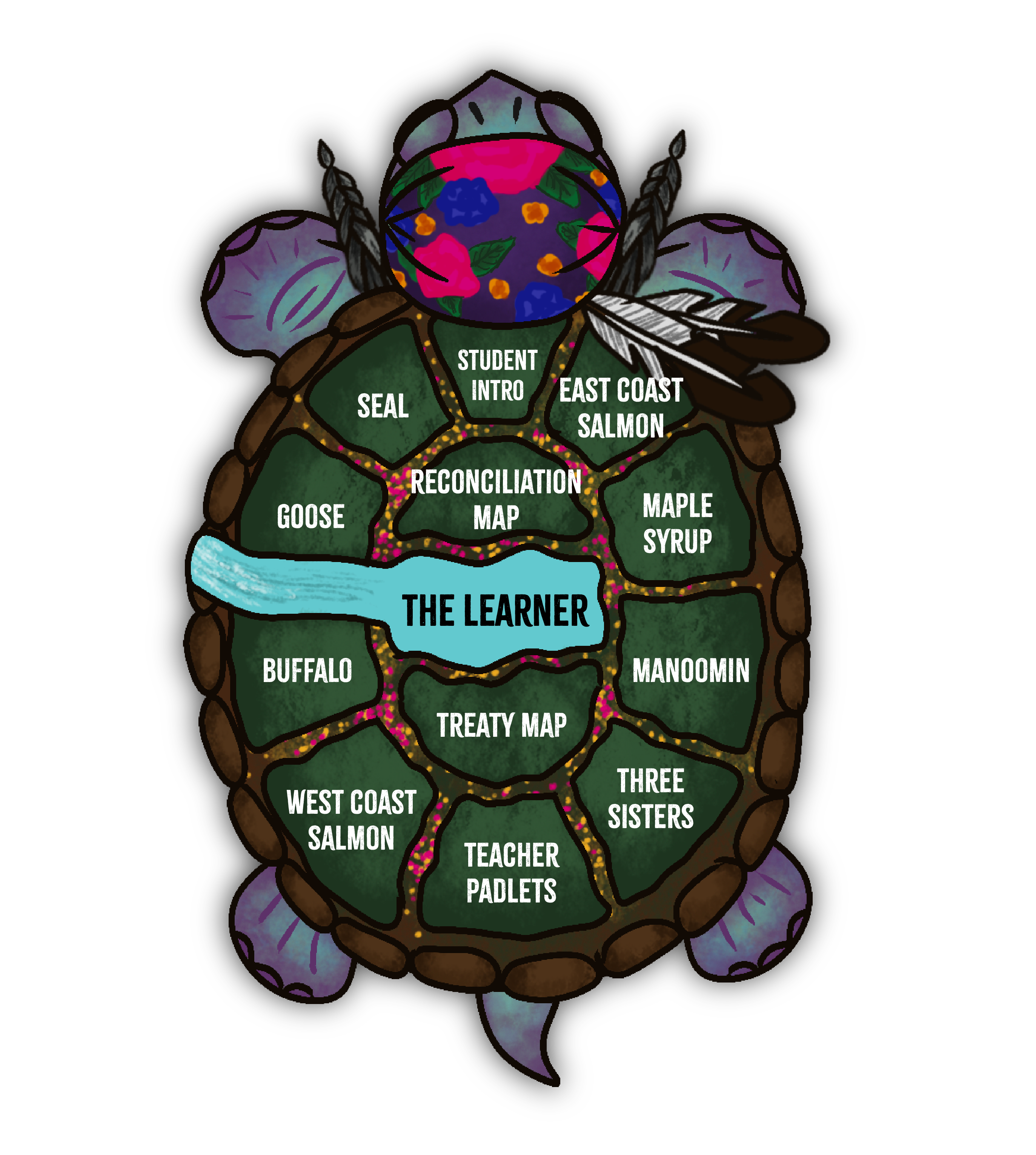Read Our Official Statement to the Public and Survivors on Residential School Denialism
Our Newsletter is now live! Subscribe Below
Our Friends at Knockabout Media Proudly Present:
The Story of a National Crime
Peter Henderson Bryce was a medical doctor, civil servant and public health expert. In 1907, after surveying 35 residential schools, he submitted a report to the Department of Indian Affairs detailing clear connections between Residential Schools, tuberculosis and high student mortality rates. His recommendations fell on deaf ears and would not be revealed publicly until he was forced to retire. Fifteen years after his initial report, he published an 18-page “appeal for justice”—a pamphlet containing his findings and recommendations, and condemning the government’s lack of action to address illness and death in the Residential School System and First Nation communities. Indigenous peoples continued to experience disproportionate impacts of tuberculosis for years to come. Eventual federal intervention involved a confusing web of enforced medical care leaving Survivors and patients’ families to seek answers and closure.
Our latest toolkit How to be an Ally – A Toolkit for Aspiring Indigenous Allies is now available! Download a free copy
Visit Our Store for Orange Shirts and Other Resources
The Legacy of Hope Foundation Presents – Roots & Hoots Episode 72: with Leena Minifie
The Legacy of Hope Foundation Presents – Roots & Hoots Episode 72: with Leena Minifie (Ottawa, ON) – January 20, 2025 – On this week’s episode of Roots and Hoots, we are joined by Leena Minifie. Leena is a Gitxaala/British film and television producer based in Vancouver. In this episode, she discusses her work in media, her past projects and her latest documentary film The Good Canadian, where she made her directorial debut. Leena is of the Killer Whale Clan and grew up on the northwest coast of British Columbia. She was the showrunner for the docuseries British Columbia: An Untold History, and she and Gordon discuss many interesting details about this unique province and the 200 First Nations who call it home. For Leena, her identity is intimately woven into her work in media and digital storytelling. She began making short films at the age of 19 and shares with Gordon the thrill of getting to learn from her heroes and trailblazers in Indigenous storytelling. To listen to Indigenous Roots and Hoots please visit: https://bit.ly/listentorootsnhoots Apple Podcasts: https://bit.ly/rnhpodcasts Spotify: https://bit.ly/rnhspotify Google Podcasts: https://bit.ly/rnhgoogle Amazon/Audible: https://amzn.to/43DaaeI Podcast Addict: https://bit.ly/rnhpodaddict Leena has vast experience working on film sets and she shares both the concept of ‘re-Indigenizing’ sets and the importance of implementing protocols that are appropriate when filming in First Nations communities and representing culture. Her latest project and directorial debut, The Good Canadian, is an eye-opening documentary that features brave whistleblowers, politicians
Sharing stories and educating Canadians
Since 2000, we have worked with Survivors, Indigenous communities, researchers, curators, and educators to develop educational resources to increase public awareness and knowledge of the history and effects of the Residential School System and the ongoing experiences Indigenous Peoples continue to face. Our projects include mobile exhibitions, websites, applications, publications, and several bilingual curriculums, including a program called Generations Lost–The Residential School System in Canada.
The Mindful Maple Leaf
The Mindful Maple Leaf™ Pocket Stone is the ultimate gift for people who appreciate extraordinary craftsmanship, unique hand-crafted art, and the opportunity to support Canadian artisans and communities.
This enchanting hand-carved Canadian Mindful Maple Leaf™ Pocket Stone is the perfect reminder to take time to be in the moment. Nestled in the palm of your hand, you will be mesmerized by the magical labradorescence likeness of the Northern Lights granting you time to focus on positive thoughts and intentions.
SimpliCanada has developed a distinctly Indigenous artisanal collaboration project that will support Residential School Survivors through the Legacy of Hope Foundation. Each Mindful Maple Leaf is a uniquely carved labradorite pocket-stone produced at a Nunatsiavut-based workshop that adheres to the Indigenous principles of artists and crafts people.

Research Areas
Reconciliation in Action






























